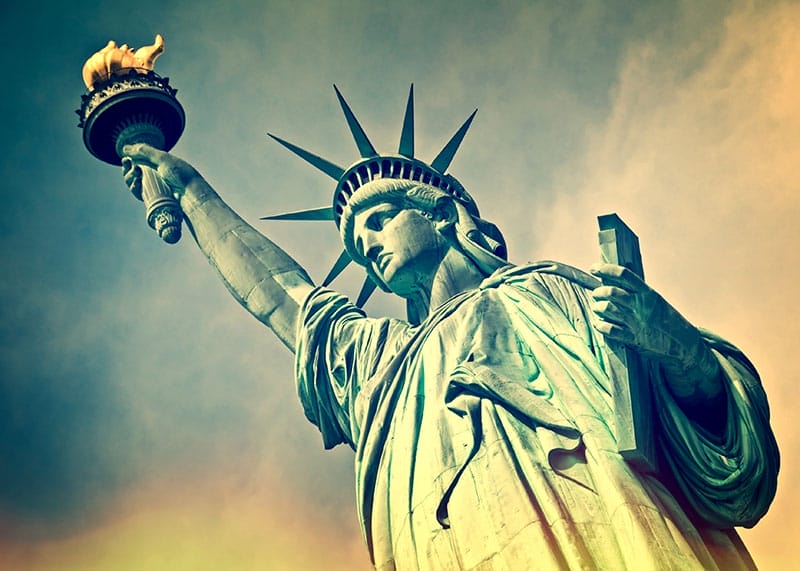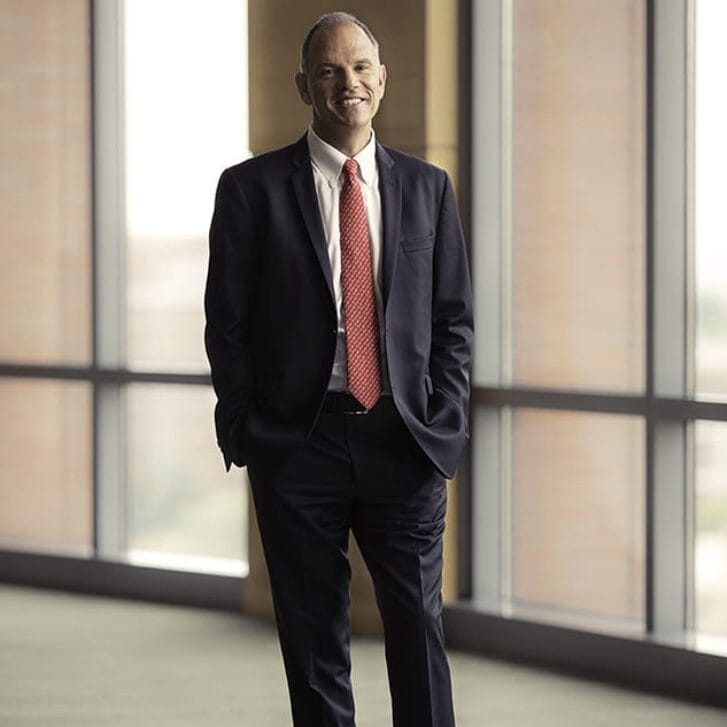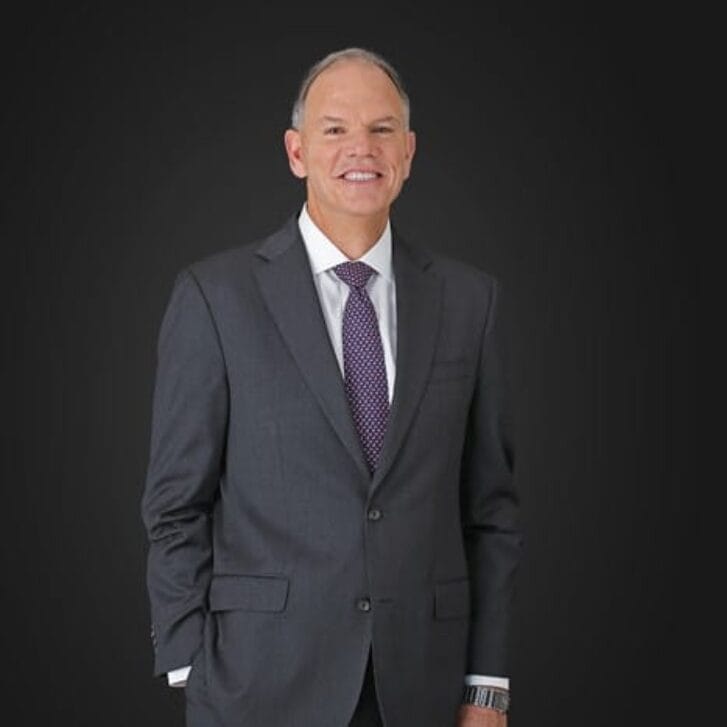When I was living in Australia after the 2008 financial crisis, a lot of people were writing off the U.S. as yesterday’s power. “Not so fast,” I said. The secret sauce of the American economy—the thing that made the U.S. so dominant in the 20th century—is still in place, unaffected by the crisis.
That secret sauce, of course, is America’s unique immigration-innovation nexus. For more than a century, the U.S. has been a magnet for talented people from all over the world, people who come to America knowing it is the place where they can realize their greatest ambitions and aspirations.
Coming to America certainly changed my life forever. It has given me opportunities I literally never dreamed of. I hope I have given something back to the U.S., but I am a grain of sand compared to the giants who literally changed the face of the world once they came to America—from Albert Einstein to Sergei Brin. Closer to home, in terms of Wharton alumni, I think of people like Elon Musk C97 W97 of Tesla and SpaceX, and Google CEO Sundar Pichai WG02.
Higher education has been an essential lubricant in making America’s immigration-innovation nexus work so well. Like Elon and Sundar when they came to us, about one-third of Wharton students today aren’t American citizens. Down the road many of them—like me—will want to become American citizens.
It should, then, be no surprise that I’m really worried by the anti-immigrant sentiment in contemporary American politics. And I am not just thinking of undocumented migrants and the long U.S.-Mexico border.
After 9/11, the U.S.’s annual skilled worker migration intake was cut by two-thirds to 65,000 a year. Today, this means literally hundreds of thousands of skilled foreigners who, offered important jobs in the U.S. by many of our leading companies, must go into a lottery to see if they are able to take those jobs—jobs that they were offered because of the great value they would bring to their employers and to society.
One unfortunate consequence of the horrific attacks in Paris last month may well be that it will make American immigration reform harder—not to mention the attacks’ profound implications for geopolitics, the European Union and social stability around the world.
Just in the last couple of weeks, I have learned of two personal stories that bring into sharp relief just how under pressure America’s immigration-innovation nexus is. Both are stories about wonderful Wharton students who came to the U.S. from their home countries to study and who, on graduation, wanted to work in America for American companies. One didn’t get the necessary work visa, left the U.S. and is now doing amazing things in his home country. The other is worried that he won’t be able to take up a great job he has been offered because the odds of his winning the work visa lottery are not good.
Kunal Bahl ENG06 W06 came to Wharton from India. He excelled in Penn’s Jerome Fisher Program in Management & Technology (M&T) and showed real promise as a budding entrepreneur and technologist. After graduation, he was offered a job by a blue chip U.S. tech firm. But he couldn’t continue with the job beyond a few months because he didn’t get the necessary H1B visa.

Snapdeal’s Kunal Bahl
Less than a decade later, the online retail firm Kunal founded, Snapdeal, is the darling of Indian e-commerce, the country’s potential Alibaba. Great news for India, for Wharton as a global institution and for U.S.-India ties. But I can only wonder what Kunal would have created had he stayed in America.
I have a tremendous research assistant at Wharton today. He was born in Korea, speaks Mandarin, is really good at math and has a passion for finance. No surprise to me that he has already been snapped up by a leading investment bank. But he is very worried that he won’t be able to work in the firm’s New York headquarters because he might not win the H1B lottery. Since his employer has offices in many countries, he tells me that he might have to move to the firm’s offices in London or Hong Kong. As with Kunal, that’s good for Wharton globally, but, again, it makes little sense that his American employer will have to play an elaborate international game to make full use of his talents.
Though I believe many of the stated worries about the impact of immigration on border security and lower skilled jobs are overstated, I can understand why “comprehensive immigration reform” is a heavy lift—even more so after the horrific and tragic events in Paris. But high-skilled migration should be much easier.
I speak with many Wharton students about their aspirations and dreams. Many of them aren’t American citizens. A lot of them would love to stay in and contribute to their adopted home. But they are realists and know that their opportunity to stay, no matter how well they do and no matter how attractive they are to employers, will depend on a lottery.
This just isn’t the way I felt when I came to the U.S. more than three decades ago. I got a great job at Stanford, and I just assumed I could work there on my Australian passport. Stanford supported my H1B, then my green card. Now I am a U.S. citizen with an American family. I hope I am making a positive contribution to my new homeland.
It would be a terrible thing if America’s immigration-innovation secret sauce dried up. I sincerely hope the next American president will have the vision and skill to ensure that doesn’t happen. If not, the U.S. may well become what its detractors claim: yesterday’s global power.
Editor’s note: The original version of this article appeared on LinkedIn on Nov. 23, 2015.

























